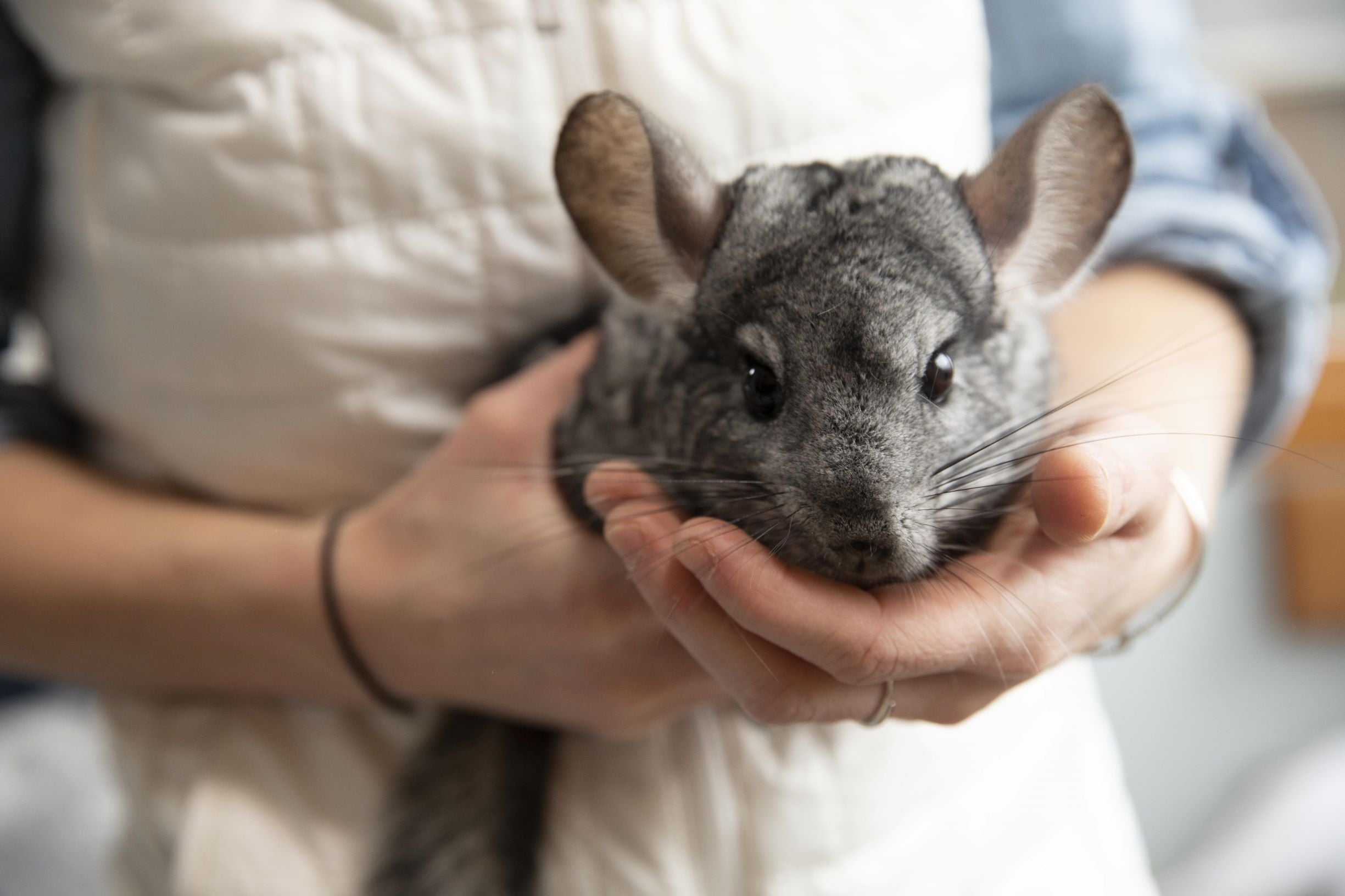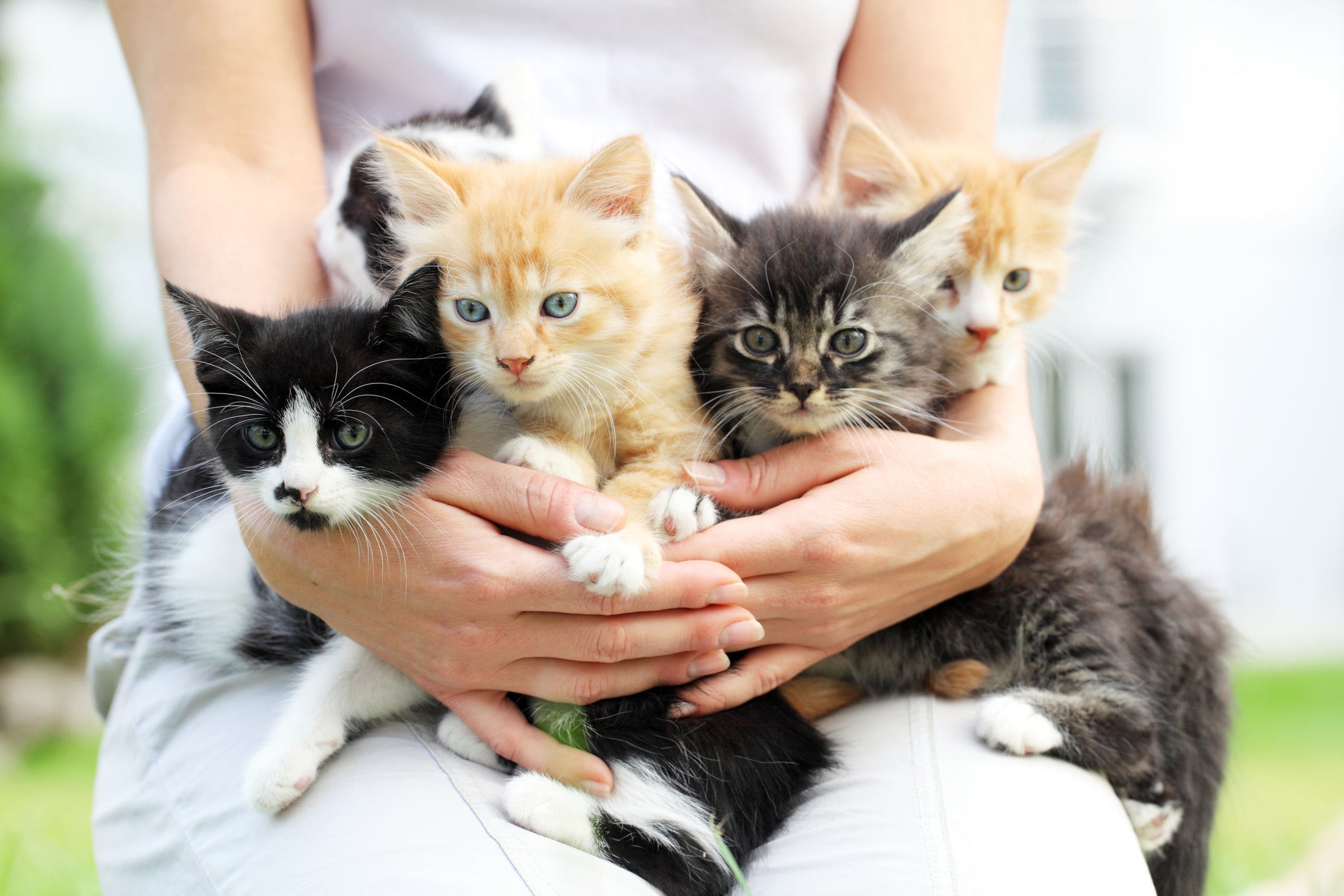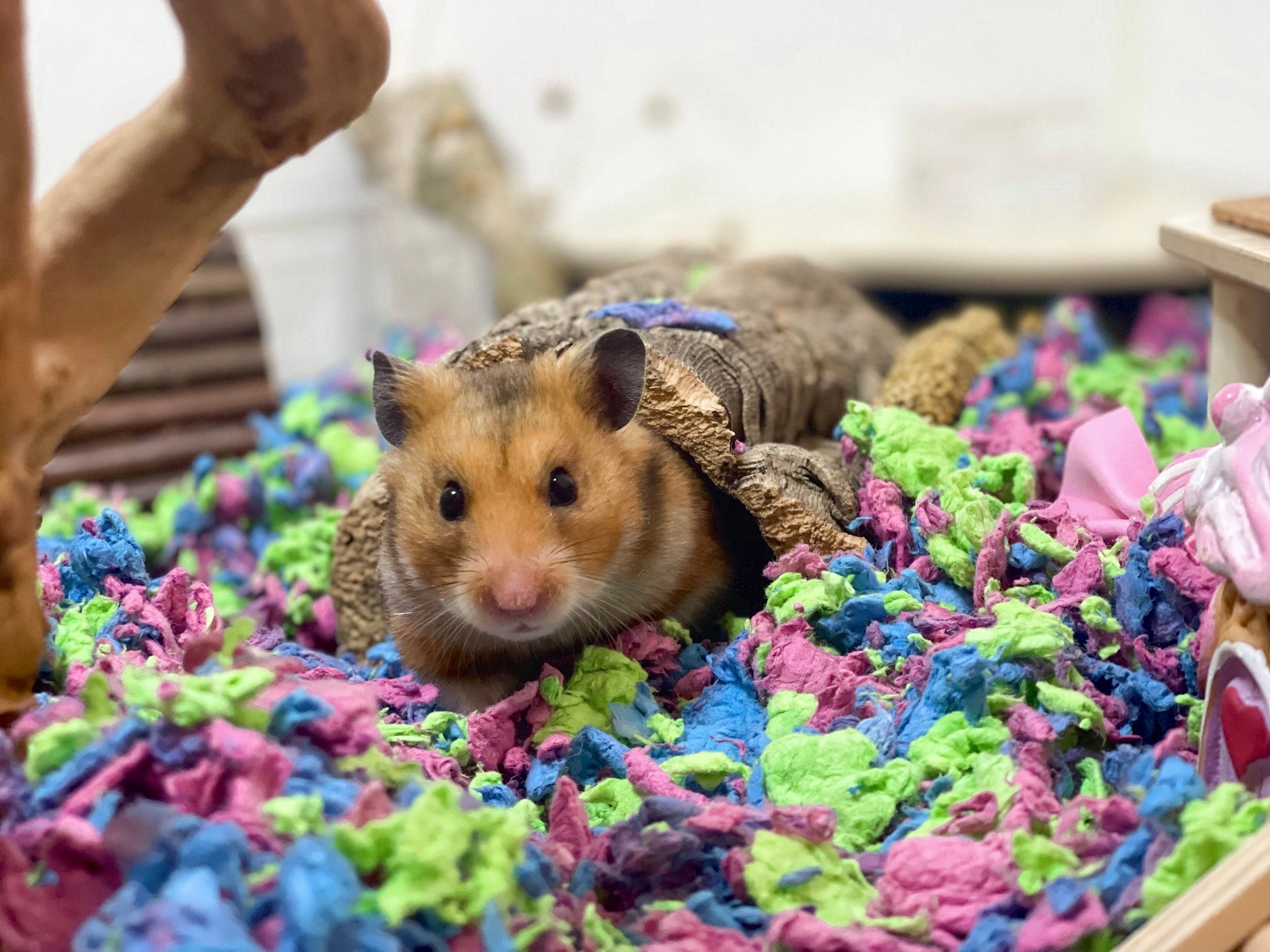
How to Prevent these 5 Common Chinchilla Health Issues
Besides cats and dogs, chinchillas rank behind guinea pigs as the most popular pet in the US (based on Google search data). Chinchillas are adorable rodents native to the Andes in South America. They are popular for being low-maintenance, affectionate pets that are famous for their ultra-soft, dense fur. However, like any other pet, they are susceptible to certain health problems and can become ill if not properly cared. To help keep your chinchilla healthy, you should become familiar with the following most common chinchilla health issues.
Dental problems
A chinchilla's teeth are consistently growing throughout the lifespan, and if their teeth do not wear down sufficiently, it can lead to dental issues. The dental problems in chinchillas commonly include overgrown incisors, malocclusion, and “slobbers” (excessive drooling). To prevent dental issues, provide your chinchilla with a balanced diet containing hay, fresh foods, and chew toys. Chinchillas need a high-fiber diet with lots of hay to help wear down their teeth.

Gastrointestinal Stasis
Gastrointestinal stasis or 'GI stasis' is an issue where a chinchilla's digestive system slows down, resulting in a backup of gas leading to abdominal pain, and even death. This issue may be a result of stress, pain, or a diet devoid of fiber. If you notice your chinchilla is sitting still, sitting in an unusual manner, or not grooming, visit your veterinarian since GI stasis may become a serious or even life-threatening health issue.
Fur Biting
Chinchillas are known to nibble on their fur due to stress, boredom, or hunger, leading to hair loss and bald patches. If you notice your chinchilla gnawing themselves excessively, provide them with plenty of toys, try to soothe them by cuddling, and make sure their diet is well-balanced.
Heatstroke
Chinchillas are susceptible to heatstroke in hot environments. This is because they are mammals that can't sweat like humans and have a lot of fur on their bodies to keep them warm in their frigid native environment. If your chinchilla is suffering from heatstroke, they may appear lethargic or struggle to breathe. You can prevent heatstroke by ensuring that your chinchilla's living space is air-conditioned or at least well-ventilated.

Respiratory issues
Respiratory illnesses such as pneumonia, rhinitis, and bronchitis can occur in chinchillas. Prolonged exposure to dust, damp living conditions, or bacterial infections may cause respiratory issues in your pet. Symptoms of respiratory infections in chinchillas include discharge from the eyes and nose, noisy breathing, and coughing.
In conclusion, chinchillas are fantastic, low-maintenance pets. However, as a pet owner, it's essential to be mindful of their unique health concerns, and if they display any of the aforementioned symptoms, consult a veterinarian promptly. Understanding the health issues that chinchillas face ensures that you can provide them with timely appropriate care, and by keeping their health in check, deter the development of serious ailments.
The makers of carefresh™ bedding are dedicated to making the best bedding and committed to helping pets live longer, healthier lives by educating pet parents about important pet health topics.








